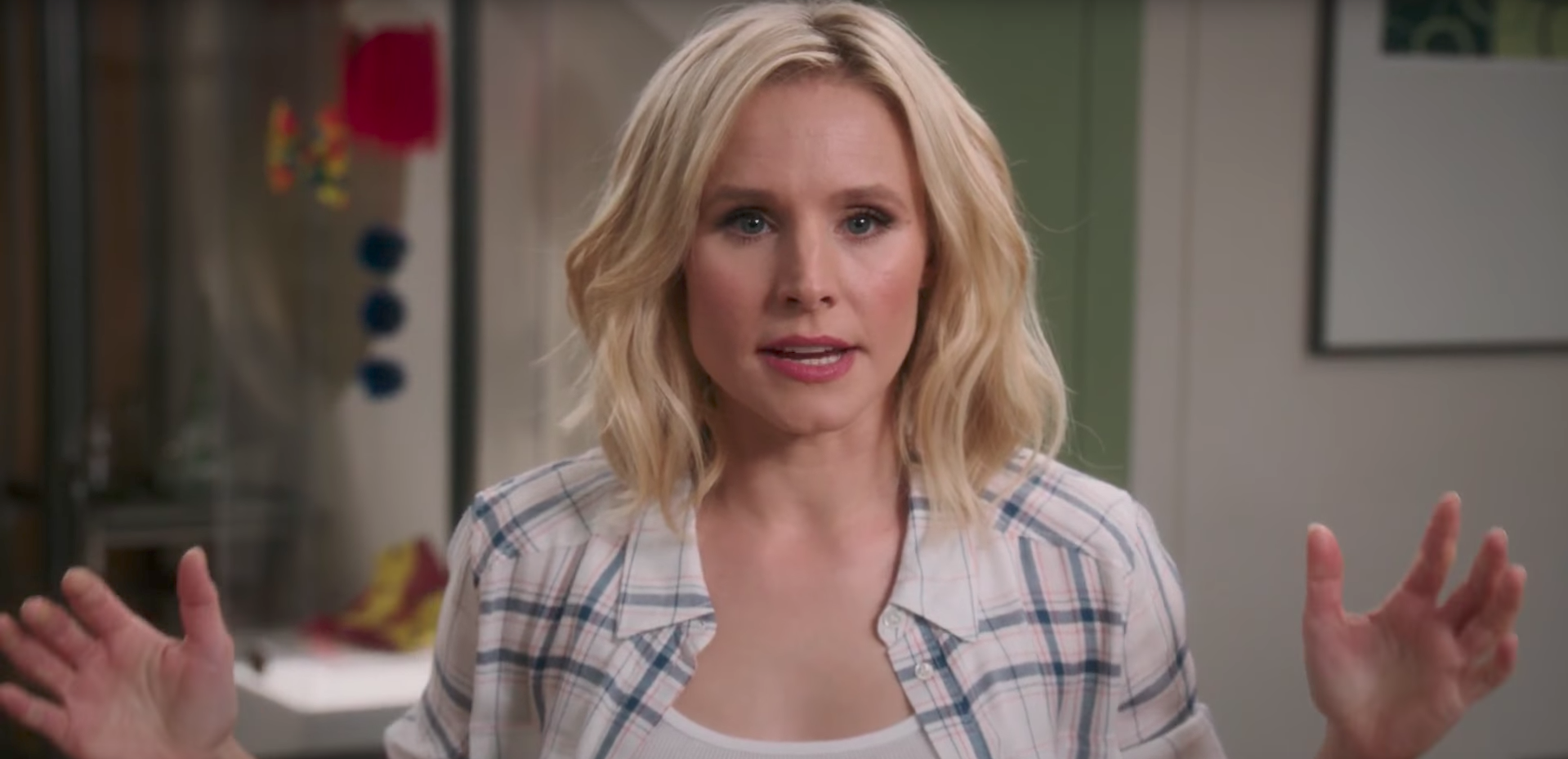After almost an entire first season of being good but not great, creative and clever but not groundbreaking or revolutionary, The Good Place is back for a second season and finessing its way toward top contender in current television.
A cutesy, lighthearted comedy about a woman (Kristen Bell) that’s so terrible you have to laugh. Having the protagonist die and accidentally make it into the “good place,” which essentially is the Hamptons of the afterlife, initially made for a fun pilot idea, if a seemingly unsustainable one.
But creator Michael Schur (Parks and Recreation, Brooklyn Nine-Nine) had a plan from the start, and the show has turned from fun and intriguing to one of the most subtly thought-provoking shows on TV, questioning the perceived simplicity of pure good and pure evil. After watching the debut of season two Wednesday night on NBC, it’s clear this will be an ongoing debate.
Who’s to say the inhabitants of the afterlife’s best of the best should be Chidi (William Jackson Harper), a brilliant ethicist so indecisive he could give Aaron Burr of Hamilton a run for his money and Tahani (Jameela Jamil), the billionaire who did charity work only to chase the ever-unobtainable praise of her parents?
And on the contrary, who’s to say the “bad place” — home to the very worst — is the right place for Eleanor (Bell), a trashy narcissist, and Jason (Manny Jacinto), a dopey, materialistic DJ?
Good and bad is not black and white, as Schur brilliantly depicted in the first season finale in January by revealing the afterlife Eleanor and her friends had inhabited was the “bad place” all along. Michael (Ted Danson), the seemingly chipper up-and-coming “good place” creator, is actually running the prototype for a new kind of bad place torture: Hell, and apparently, it isn’t always fiery torture, as Nickelback played on a loop. Sometimes it’s clashing flawed personalities that doom each other to perpetual misery.
Now, newly revealed bad place architect Michael has wiped everyone’s memories clean. He has decided an even worse, and more creative punishment than forcing deeply flawed people to interact would be to completely isolate those people from each other.
Season two picks up with our antihero’s memory wiped clean, with only a note from her former self to “Find Chidi” and the hope that she’ll once again be able to overcome another form of sneakily torturous emotional suffering.
This is a 30-minute network comedy, yet it manages to take an almost Doctor Who-type approach to examining the power of human resilience from an outsider’s perspective and has a Black Mirror-esque ability to make your jaw drop in surprise.



